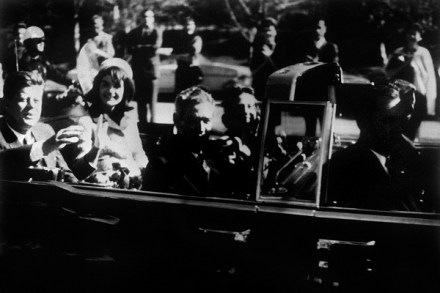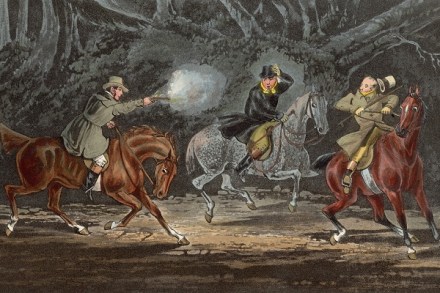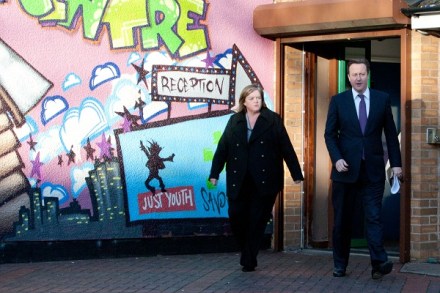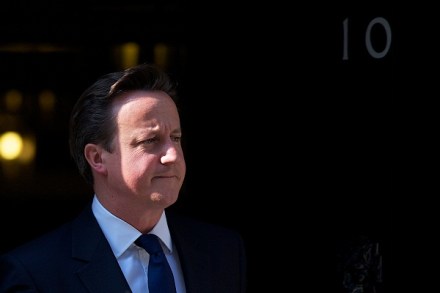What shall we do with the racist lap-top?
Important work from Latanya Sweeney of Harvard University into the inherent racism of internet search engines. She carried out a study which demonstrated a clear difference between the sort of ads that appear on the page if you’re searching for either a “black” name or a “white” name. She used a bunch of names which had previously been identified as being associated with one race or another. For “black” names she used DeShawn, Darnell and Jermaine; for “white”, stuff like James, Emily and The Rt Hon Nicholas Soames or something. When the white names were tapped in, up came adverts for nice sofas and dating agencies and holidays in agreeable




















